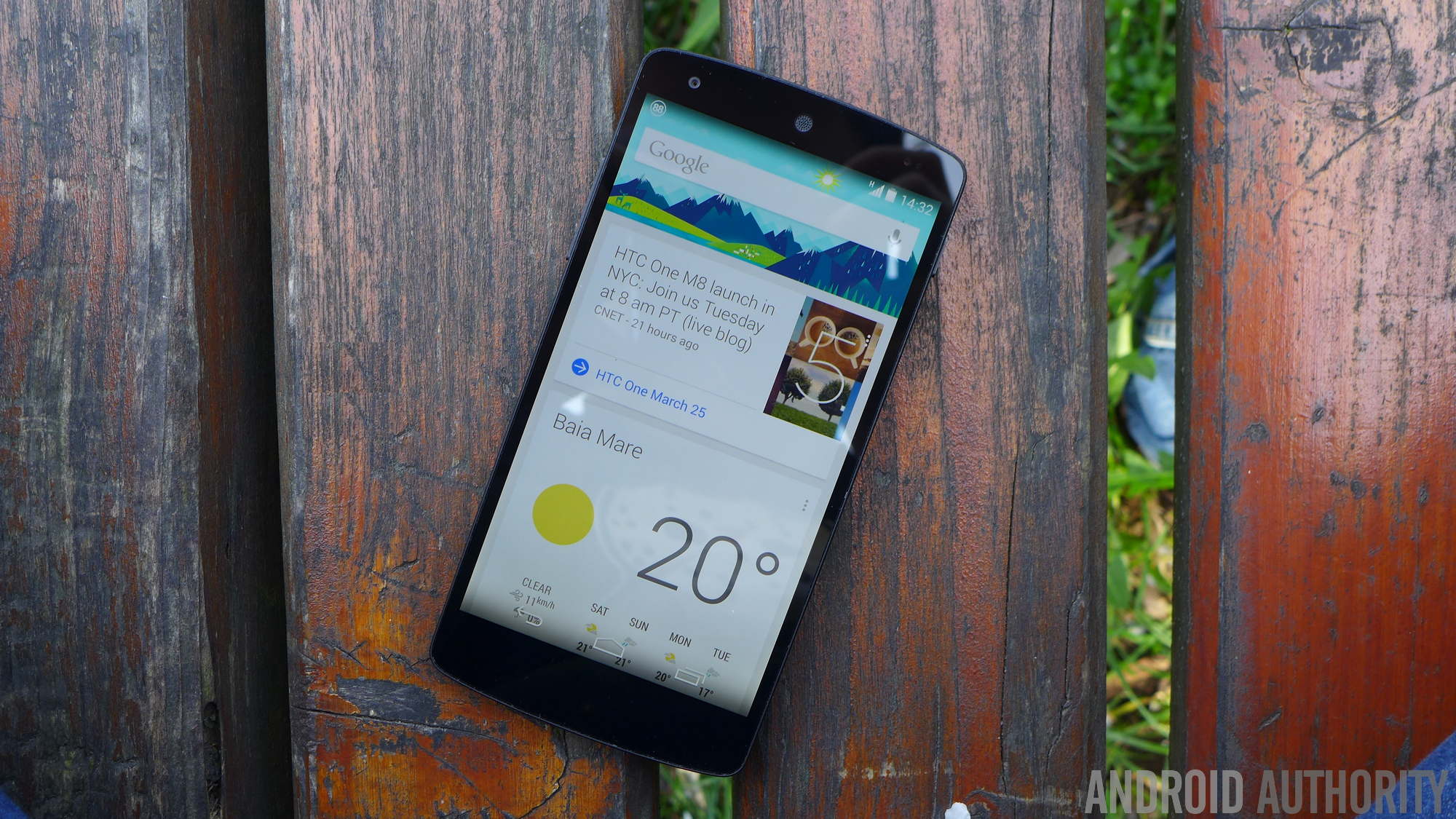Affiliate links on Android Authority may earn us a commission. Learn more.
Knowledge Vault could boost Google Now’s intelligence to a new level

Google’s biggest product is a search engine, but Google doesn’t want to offer you search results, it wants to offer answers. That’s the motivation behind Knowledge Graph, Google’s initiative to amass, analyze, and present millions of facts about the world, as well as Google Now, the virtual assistant that’s been shipping with Android since Jelly Bean.
But Knowledge Graph, a crowdsourced, “human-powered” database, can only dig so deep. There are simply too many entities (persons, companies, cities, animals, etc.) and relationships between them for a team of humans to be able to turn into a comprehensive knowledge base. So Google is taking the concept a step forward by turning to what it does best – algorithms.
A report in New Scientist describes for the first time Google’s algorithm-driven effort to understand the world, Knowledge Vault.
Knowledge Vault identifies facts and relationships between them, the way a human would, but on a larger scale and much faster
Knowledge Vault is the “the largest repository of automatically extracted structured knowledge on the planet,” according to Google researcher Kevin Murphy. Knowledge Vault uses machine learning to identify facts and the relationships between them, the way a human would, but on a much larger scale and much, much faster.
Supported by Google’s massive server infrastructure, Knowledge Vault algorithms scan billions of pages, documents, tables, and database entries, and fact check the information they collect. Eventually, each “fact” gets a reliability score, and when the score is larger than 90 percent, the fact is deemed “confident.” Currently, the Vault contains 271 million “confident facts,” out of a total of 1.6 billion.
While Knowledge Graph simply amasses facts from various sources, Knowledge Vault collects those facts itself, by scanning the web and attempting to understand it. And the more it learns, the better it gets at answering queries.
Knowledge Vault could become one of the sources where Google Now draws its info from. The service can currently offer answers to many common questions, like “what’s the weather in Paris?” But thanks to Knowledge Vault and other developments in machine learning, voice recognition, and AI, Google Now could finally become the human-like virtual assistant we’ve been dreaming about for so long.
Google Research will present a paper on Knowledge Vault at a conference in New York on August 25. More details about the project are likely to be released soon.